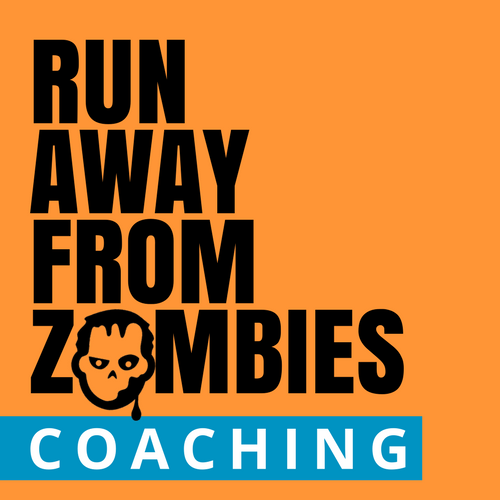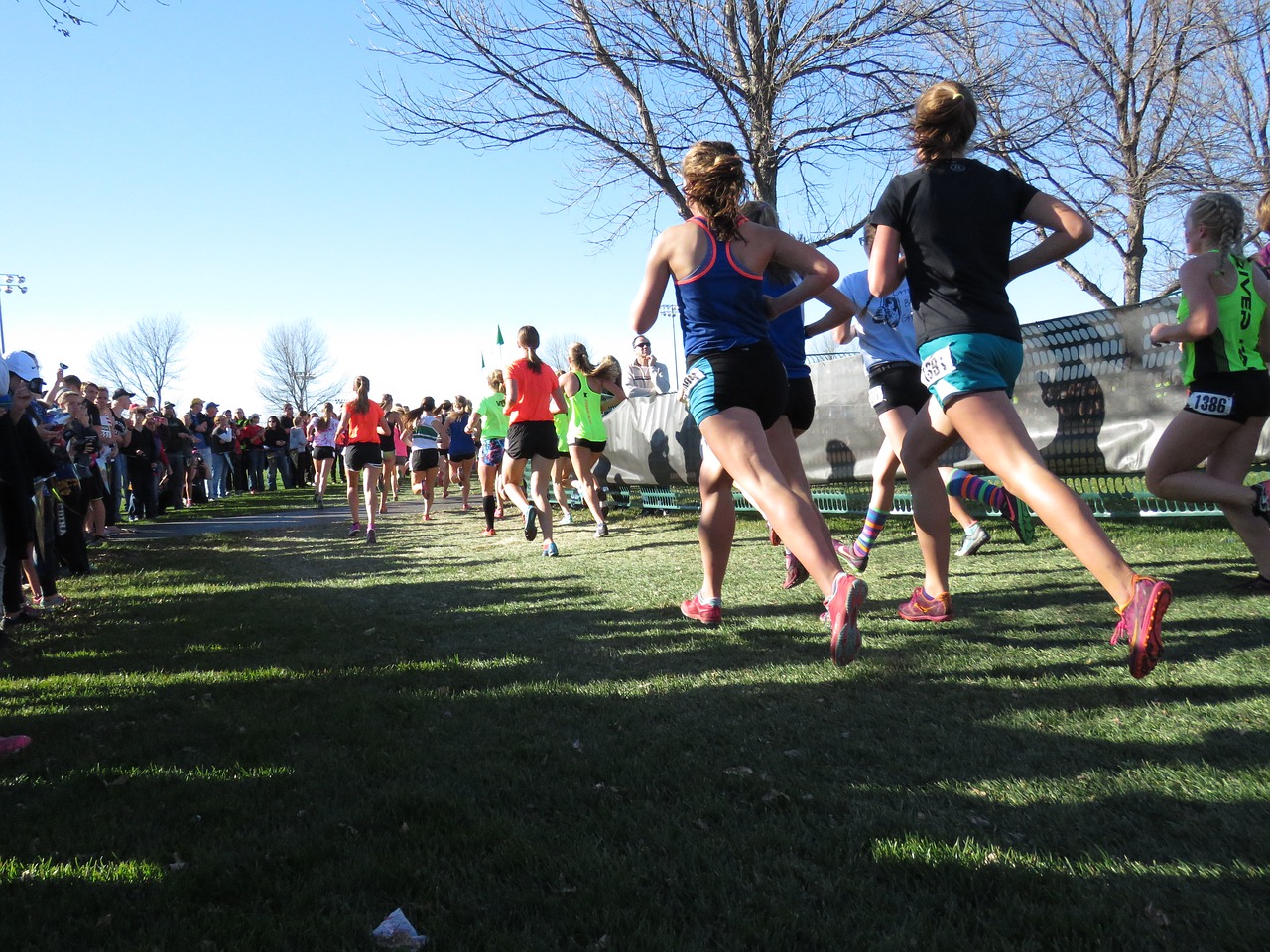Avoid overtraining? What? This doesn’t seem like the right time of the year to talk about overtraining. Most of us are just now considering fall training plans, not overworking ourselves…. YET.
This post was born from the thought processes I had while picking a marathon, a training program, and outlining goals. I researched this post because I had trouble convincing myself not to push too hard, not to become too ambitious.
I was looking at marathon training plans, and I thought, “Wow, if I did this plan, I could definitely do a 4:00 hour marathon”. The plan was not out of the question. The goal was not out of the question. However, for me — prone to injury and recovering from dental surgery — I don’t need to push too hard, too fast. There is plenty of time. I am a lifetime runner.
Training is a progressive overloading of your system. Your body adapts to the load and becomes stronger. However, if you push too hard, your body is going to push back in a way you don’t want. You’ll set yourself back by piling on too much.
The Boston Marathon, my goal, your goals, they aren’t going anywhere. And yet, I still found myself reaching really far. It’s a marathon, not a sprint. It’s a 10 year plan, not as fast as you can plan.
Overtraining vs Burnout
Overtraining can be similar to burnout which I wrote about during my 5K training. Some use the words interchangeably. But it’s possible for overtraining, also known as underperformance syndrome, to be physical only. Your motivation and spirit can remain, but your body is undergoing too much strain. You’re not able to recover and make the gains you should see for the work being done. This excessive overload can lead to burnout, where you also begin to lose motivation and begin to devalue the sport you loved.
Symptoms of overtraining
- Elevated resting heart rate
- Prone to sickness
- Fatigue, comes early and is persistent
- Sleep disturbance
- Decrease in performance
- Drop in training capacity
Remember rest is important. You do not get stronger when you train. You get stronger when you heal and adapt from your training. When overtraining has reared its ugly head, it can take months to recover and can destroy a competitive season. It’s best to avoid overtraining altogether.
How to Avoid Overtraining
1. Listen to your body
Measure your resting heart rate a few times a week and notice if it becomes elevated during your training plan.
If you’re tired, don’t push through a hard workout. Swap for an easy run or cross-train… or oh my goodness, take a rest day?!
If you’re tired a few days in a row, you can’t just blame it on poor sleep (that’s actually one of the symptoms!), take some rest and figure it out. It’s better to take a couple of rest or cross-training days in the beginning than to dig yourself out of a hole later.
2. Watch time and performance slide
When you do speedwork, don’t wait until your lap times drop off. Stop before. You want to leave enough in the tank to do one more.
3. More is not always more
For me, this meant not picking a training program that I would be dragging my body through. But, it is also day-to-day choices. If there is a pace range to hit, don’t name the fastest of the paces your goal. Don’t tack on miles to a short run to make it feel “more significant”.
4. Respect “easy” and respect “rest”
If a run is labeled easy, you need to run it easy. It’s there for a reason. It’s there for active recovery so you can get the most out of the key workouts. And rest days are important, too. You do not have to workout every day. You gain strength in your rest.
5. Training is not the performance
Do not go 100% on a training session, save it for the race. Remember that it’s better to be under-cooked and eager at the race start, than to be overdone.
Avoid Overtraining: Just Say No
I had to check myself this week. I wanted to run a 4 hour marathon, dropping 30 minutes off my last marathon. I wanted to beast out a training plan to get me there. I wanted to do all these cool things and show you all these cool things on my blog. Instead, I’m swallowing my pride. Picking the higher mileage plan would be hard and would be a large feat all on its own. It would be the performance. That training plan won’t serve my body.
So yes, this post is out-of-place. But it also isn’t. As you go into your new training plans, remember what the real goal is. From the first easy 3 miler, listen to your body. Get to the start line, free of injuries, fresh, and ready to rock.
Further Reading:
- Let’sRun.com’s How to Overtrain 101: Robert Johnson’s personal horror story of overtraining
- RunnerAcademy’s How Overtraining Happens: Physiological and mental aspects of overtraining
- European Journal of Sport Science’s Motivation, overtraining, and burnout: Can self-determined motivation predict overtraining and burnout in elite athletes?: Peer review article attempting to connect self-determined motivation, overtraining, and burn out in Olympic athletes








Great post- I 100% agree that it’s a 10 year plan, not a as fast as you can plan. I find myself struggling with this often. Sometime I really have to tell myself to stop and run smart as I end up just running my easy runs (or really any run) too fast half the time. I experienced major burnout last fall due to overtraining.
Thanks for sharing, Jackie. I have only touched on burn-out and it’s rough stuff. I have trouble slowing down on easy runs, too. I try to re-frame them as preparation for harder workouts yet to come, rather than recovery runs and that helps for some reason, haha.